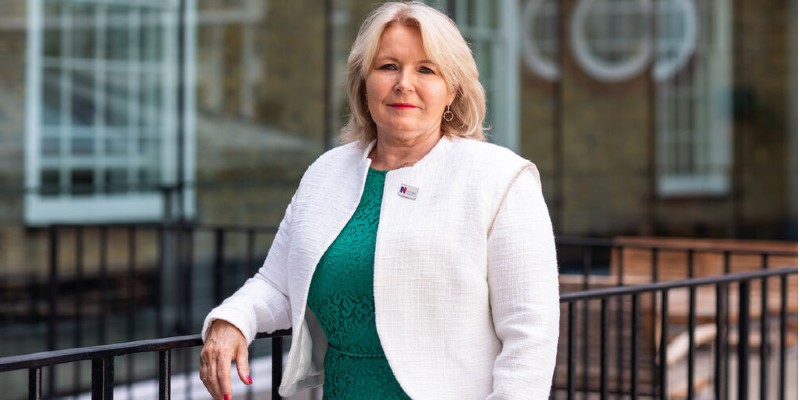Menopause symptoms can vary from person to person, but they can have a major impact on a woman’s ability to carry out normal day-to-day activities. In fact, the Equality and Human Rights Commission (EHRC) recently suggested it may be considered a disability in some circumstances.
The statistics speak for themselves regarding the impact menopause can have on working women. Research from the Chartered Institute of Personnel & Development (CIPD) found that two-thirds (67%) of women between the ages of 40 and 60 with menopause symptoms said these have negatively impacted them at work. Further research by the Fawcett Society found that one in 10 women they surveyed who were employed during the menopause left their role due to symptoms, which can include anxiety, mood swings, brain fog, hot flushes, and irregular periods.
It is a subject I am passionate about, having gone through early menopause in my mid-thirties. At the time, I was completely unprepared for the tsunami of symptoms that hit me, and unaware of the impact it was having on both my personal and work life. With a supportive employer, friends and family, alongside HRT, I now have my symptoms under control and have found coping mechanisms that suit me. However, the report has brought into sharp focus that the need to raise awareness continues.
The CIPD research also found that 79% of respondents were less able to concentrate, 68% experienced more stress and nearly half (49%) said they felt less patient with clients and colleagues. Given the recent volatility in the market, female advisers going through menopause will have experienced a huge amount of additional stress in what is already a pressurised environment.
Businesses have come a long way, with many introducing formal menopause policies or putting frameworks in place to support employees and create a supportive and inclusive working environment. Sesame Bankhall Group’s menopause policy was put in place not only to provide workplace adjustments and support for female colleagues but also training for our wellbeing champions alongside an educational awareness campaign for all staff members running teams in the business.
Even for smaller advice businesses, this is something very much worth considering. A formal policy shows that you acknowledge and support your female staff members, making menopause a topic of conversation with all employees, male and female. This is particularly important as the CIPD research found that 53% of women going through menopause were unable to go into work because of their symptoms, but only 18% felt able to tell their manager the real reason for their absence.
From personal experience, male colleagues appreciate open discussion of menopause as it makes them feel better able to support both employees, colleagues, and family members.
There are a range of small adaptations that can be made, with minimal cost and disruption, that can have a big positive impact, such as putting fans on desks, moving the office layout so female staff members can sit near a window, a quiet space for those if they wish to have some space and time to themselves, having notes taken in meetings as a norm, and a discreet emergency supply of sanitary products. A small but considerate change goes a long way.
Offering flexible working to fit around doctors’ appointments or the ability to work from home if they are suffering from heavy and painful periods or other symptoms can make such a difference.
Understanding customers
From an adviser perspective there is another angle to consider: what is the average age of the women in your client bank? Could they potentially be going through, potentially struggling with, any of the symptoms highlighted in this article? Should any of those symptoms be considered as you progress through the advice process with your female customers?
While I am not suggesting that all menopausal women should be treated as vulnerable customers, any of us can become vulnerable at different life stages. The regulator will be sharing its findings by the end of the year on how firms are acting to understand and respond to the needs of customers that could be in vulnerable circumstances.
Fully considering your business’s approach to supporting women throughout menopause will be reflective of how you focus on equality, diversity and inclusion in the workplace. Discussing the policies you’ve implemented in the workplace could also resonate with new and existing female clients and encourage them to be more open. It may even drive new potential clients to consider using your services.
Ultimately, having a more supportive and inclusive working culture can have long-lasting positive impacts for us all, and go a long way to helping those who need support feel more able to reach out and not suffer in silence.
Stephanie Charman is group partnerships and propositions director at Sesame Bankhall Group

















